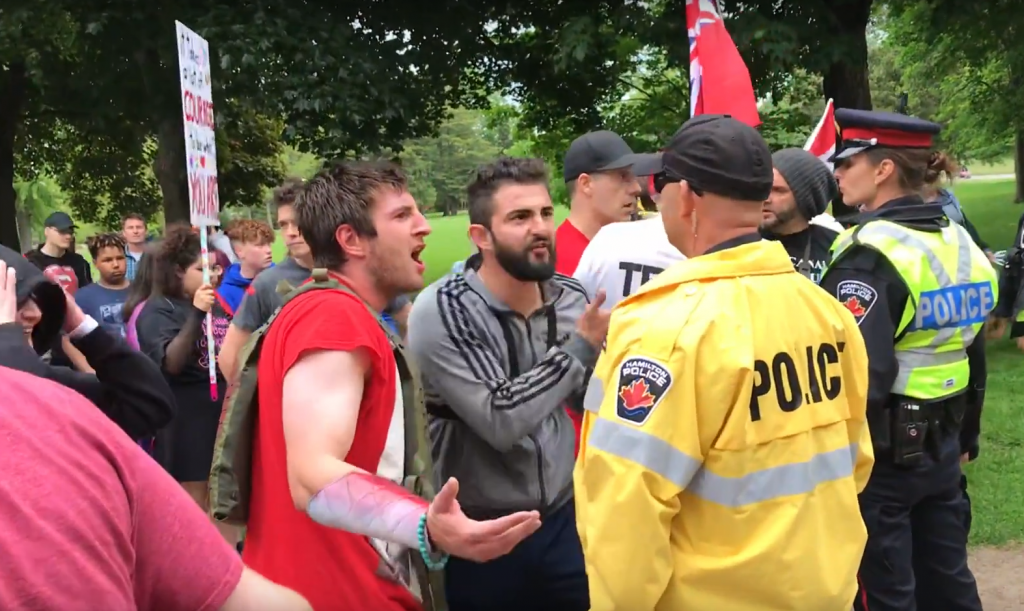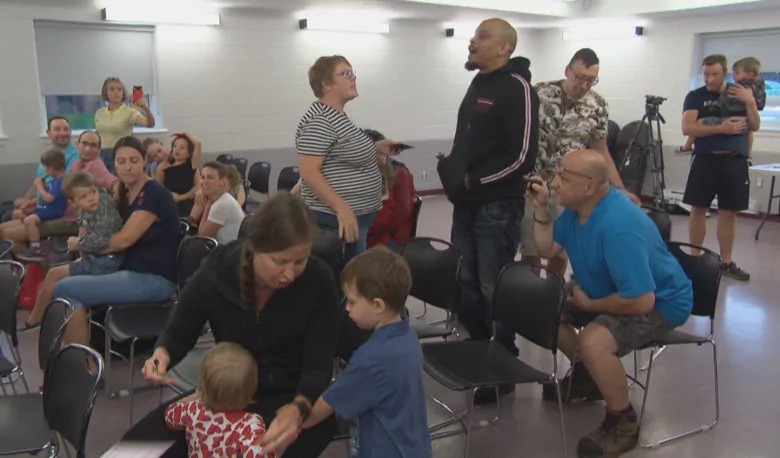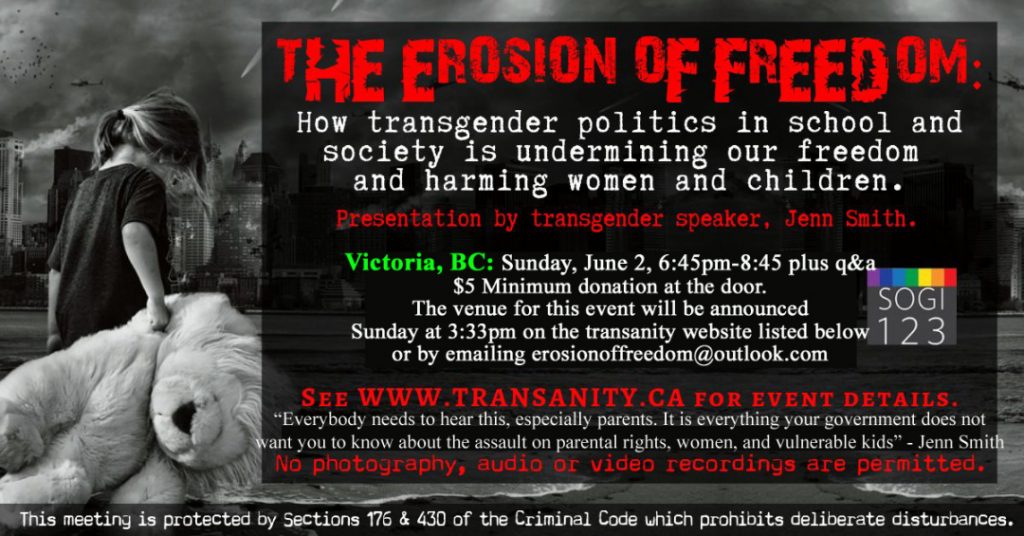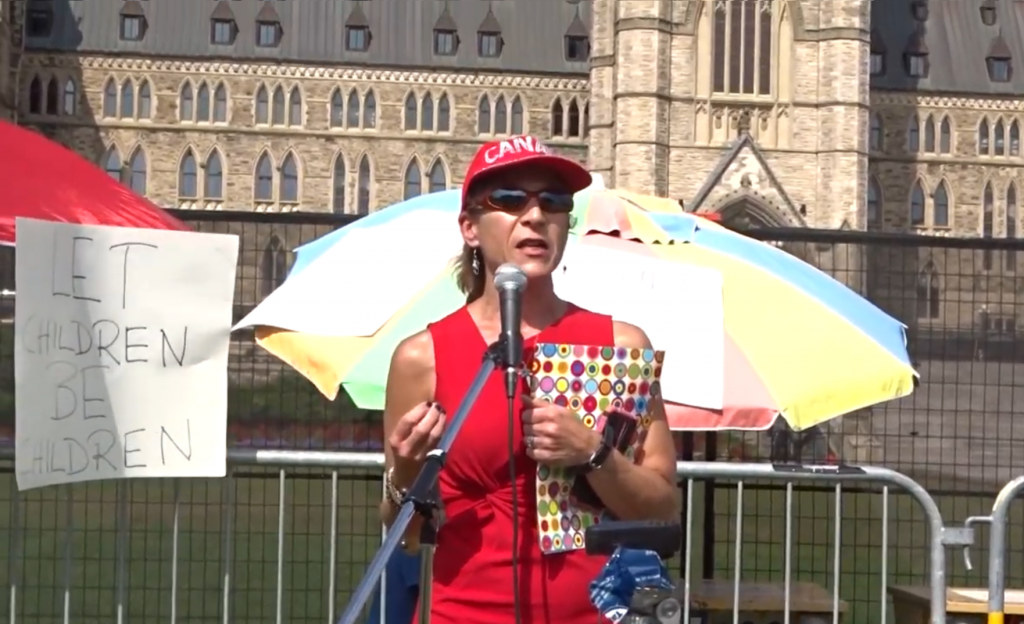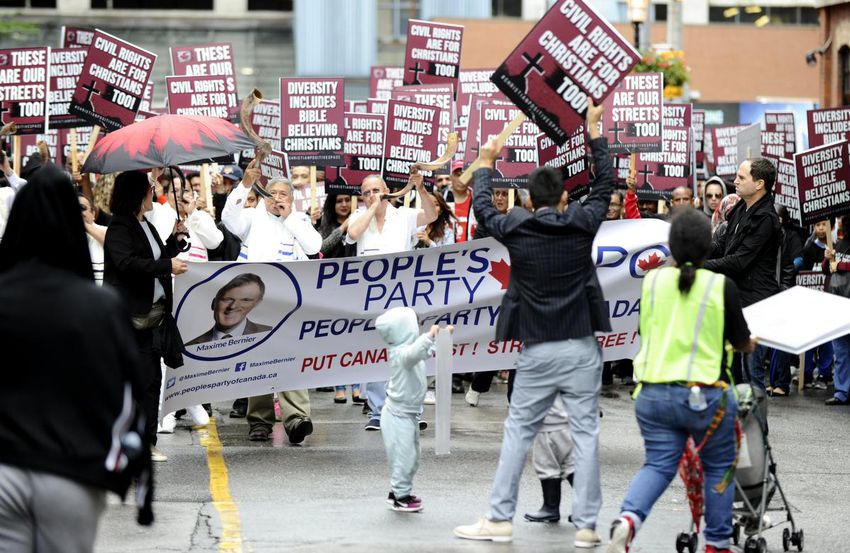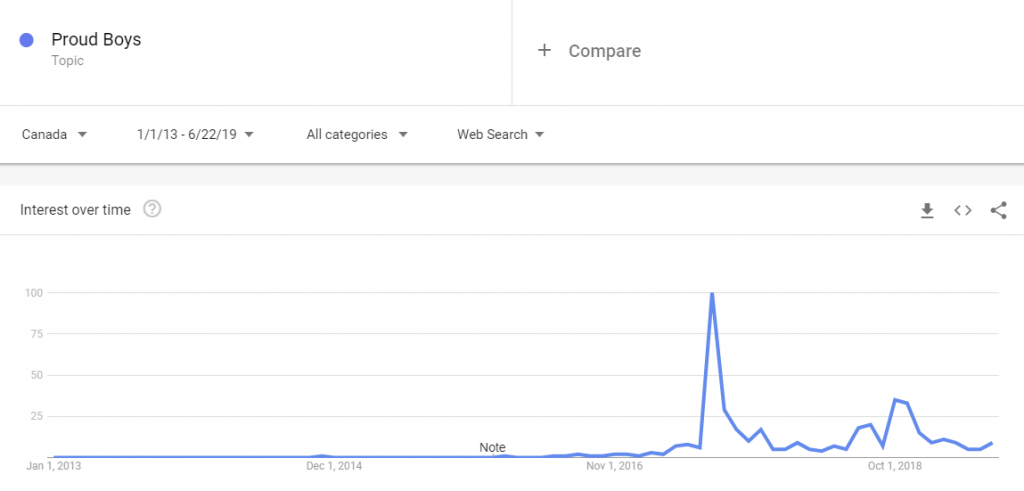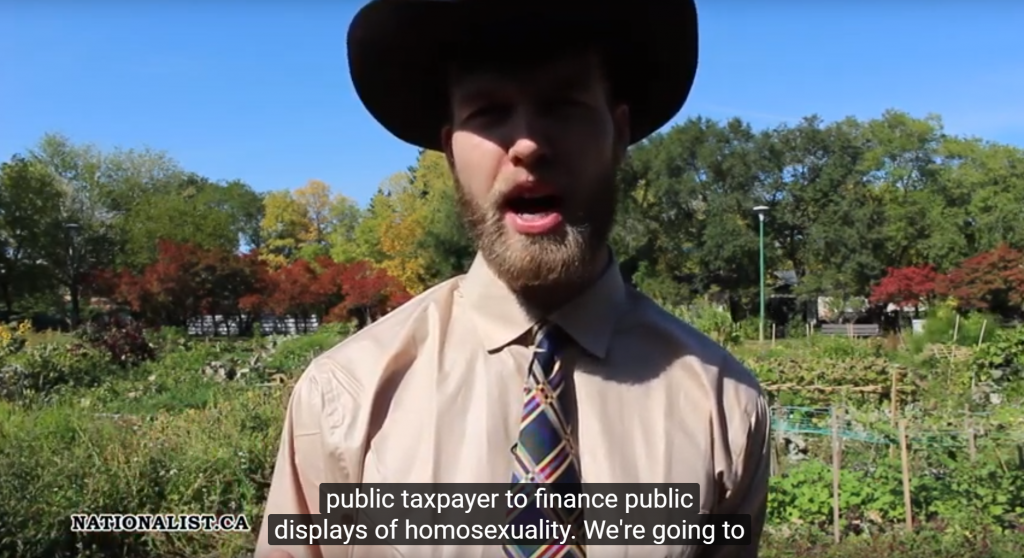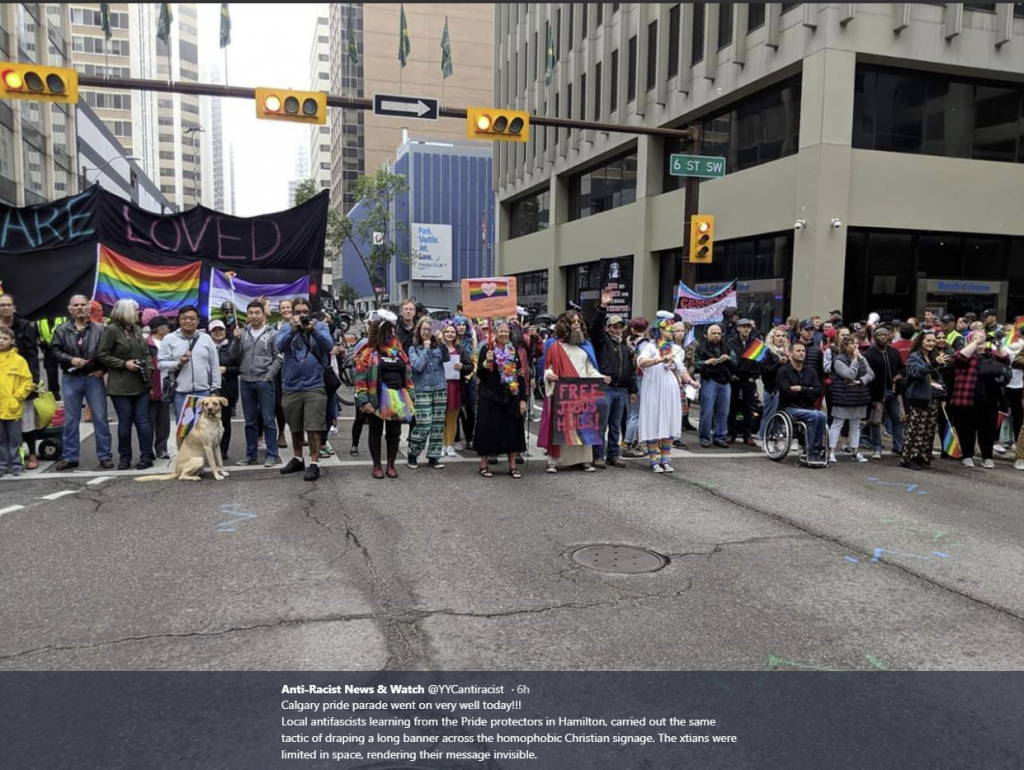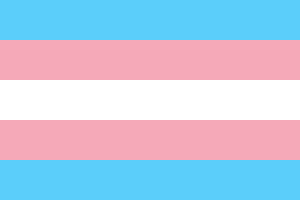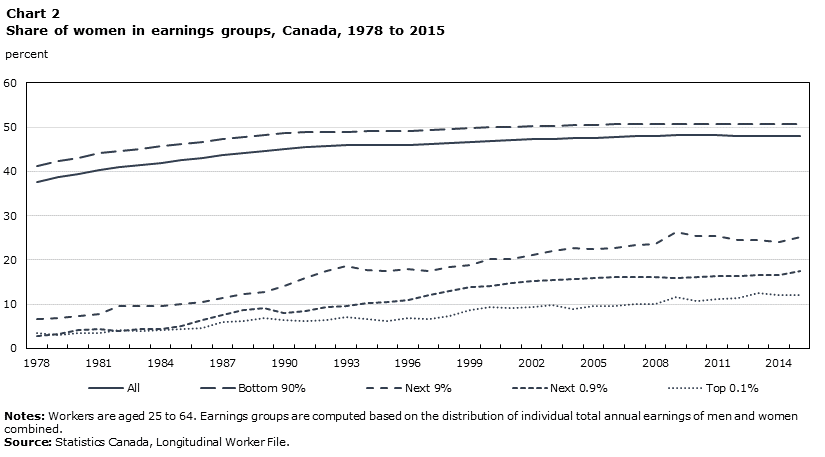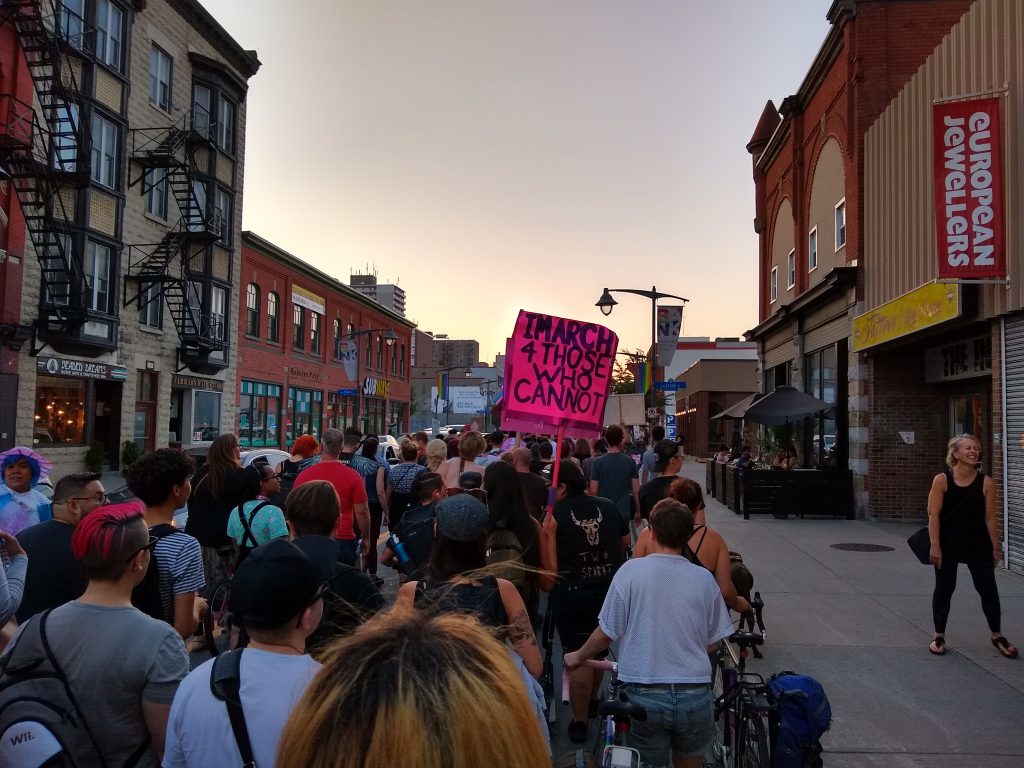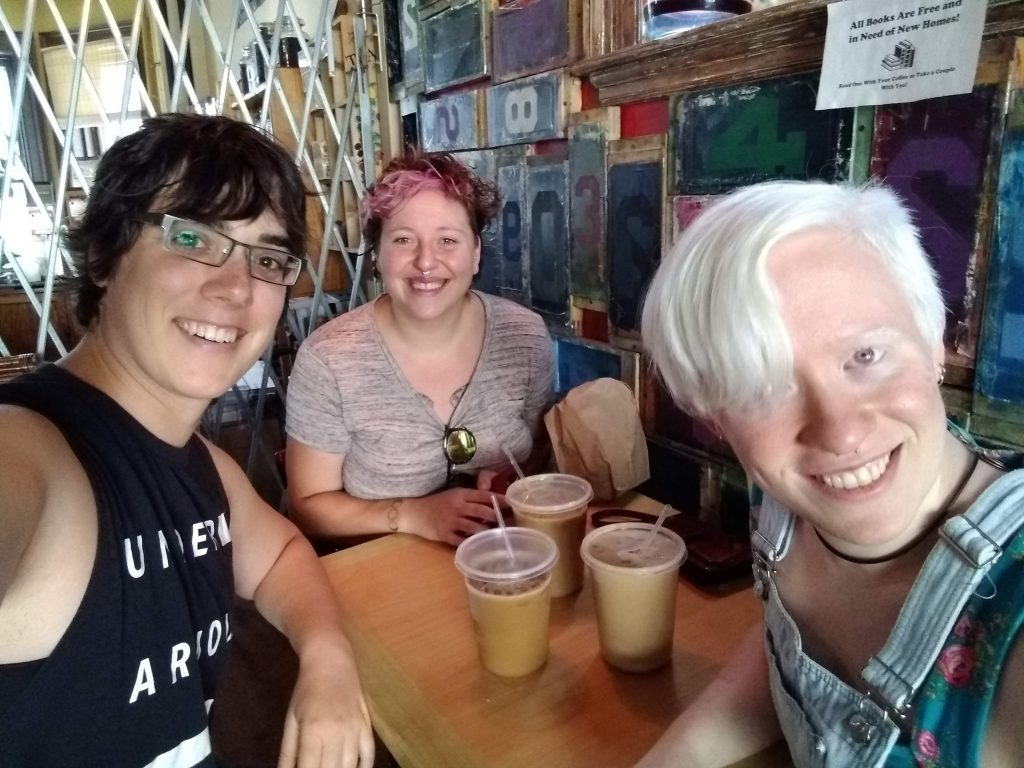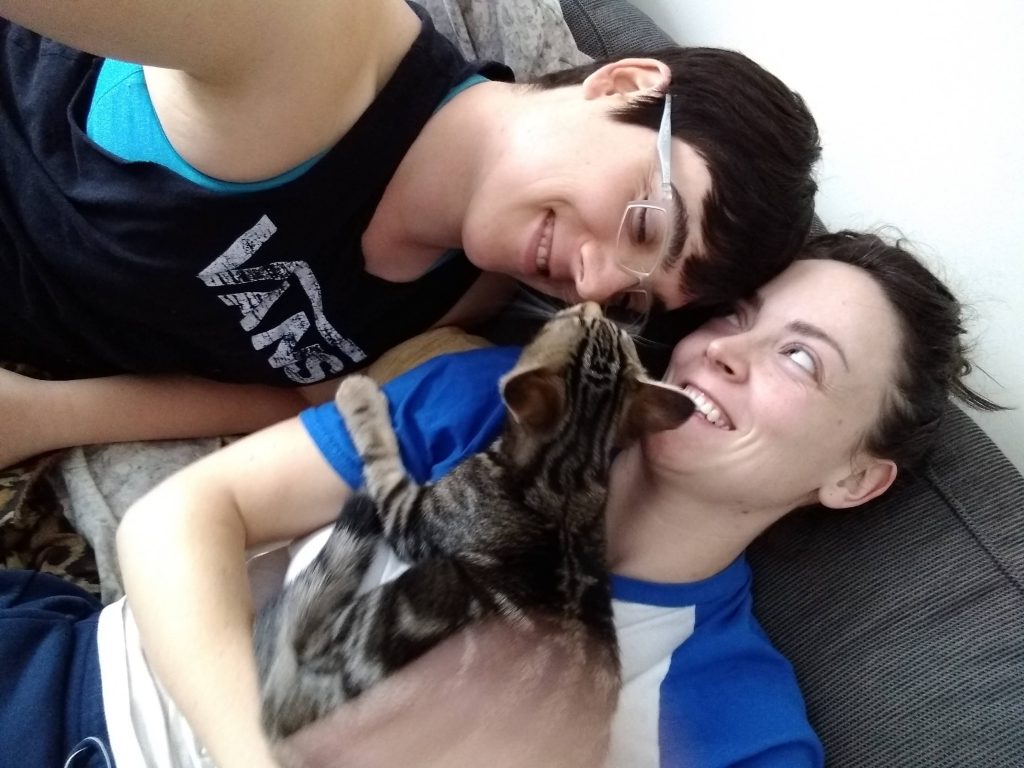Happiness for me requires some intentionality. I’ve found that I can’t choose to be happy, but that I can make a number of choices that make it easier to be happy. I’ve listed some of these below:
- How I interpret interactions with others affects my happiness. I have attachment issues as a result of dysfunctional relationships with my family of origin. This has warped my perception of interactions predisposing myself to believe that I am unlovable and that there is something fundamentally wrong with me. Becoming aware and addressing the way I draw conclusions from interactions has greatly helped my mental health and contributed to my happiness.
- How I regulate my emotions affects my happiness. Cutting, hitting myself, drinking, binge eating, and sexual encounters with strangers without proper safety precautions have all been part of my repertoire to soothe myself. Finding ways to regulate my emotions without undermining my well being contributed to my happiness.
- How I manage conflicts affects my happiness. On-going tensions can elicit feelings of sadness, frustration and anger throughout the week. Addressing conflicts directly and setting limits where resolution isn’t possible contributes to my happiness.
- How I structure time with friends affects my happiness. I don’t seek to recreate special moments or pine for the closeness of the past. It’s never as special the second time and hoping to be close again is less appealing than the reality of the present but is an empty promise. Instead, I hang out with friends as if I may never see them again, I seek out those who share the desire to spend time with me, and I try to make each encounter unique in some way as to create lasting memories. Appreciating the present contributes to my happiness.
- How I prioritize sleep affects my happiness. I feel better when I have at least eight hours of uninterrupted rest at night. Scheduling my evenings such that I can get to bed at a reasonable hour and having no screens within reach after bed time contributes to my happiness.
- What I choose to keep inside affects my happiness. Being closeted and silent on my mistreatment out of concern for the perpetrators was suffocating. Being candid, living my truth, speaking to a therapist, and blogging contributed to my happiness.
- How I prioritize my spending affects my happiness. I am more content when I do not have my finances weighing on my mind. Aggressively paying down debts and aiming to save enough funds to carry me through a job loss contributes to my happiness.
- What values I choose to elevate affect my happiness. I have body image issues related to my weight and gender presentation. Removing myself from almost all social media, following fat-positive insta feeds, reading zines and queer comics, ignoring television, the news, shitty magazines, and staying away from people who make pronouncements on bodies contributes to my happiness.
- How I approach uncertainty affects my happiness. The most important contributors to my happiness such as starting hormone replacement therapy, moving places, breaking up, undergoing surgeries, quitting unpleasant jobs, and getting my first car all involved leaping into the unknown. This was very difficult for me as I’m so routine-oriented, I lacked support, and there was never any assurance it would make things better. Approaching uncertainty by accepting the worst outcome as an opportunity in its own right and being mindful that there’s no better time than the now enabled me to make these life decisions that greatly contributed to my happiness.
- How I approach my goals affects my happiness. I write a list of objectives that can be accomplished in the short, medium and long term. Then I schedule what I can in manageable pieces. I also periodically remove goals I won’t realistically accomplish. This approach has helped me attain life goals which has contributed to my happiness.
- How much screen time I choose to get affects my happiness. I used to lose hours every day to mindless surfing. Time that would have been much more satisfying spent writing, reading, cooking, or pretty much anything else. I got rid of my watch, desktop computer, game console, and almost all social media accounts. I charge my phone away from my bed, got rid of the YouTube app so now I have to use the more inconvenient browser, picked up a laptop that I rarely use, and got speakers with a voice assistant. Having less screen time contributes to my happiness.
- How much I own affects my happiness. I used to feel owned by my stuff. For the past five years I’ve had a rule that if I didn’t use it in the last year, I got rid of it. It was hard, but I got rid of almost all my books in the process. I have two small boxes for sentimental things. On my last move everything fit in the back of a pickup truck in a single trip. It might take two trips now but I feel much freer and this has contributed to my happiness.
- How I tackle cleaning affects my happiness. I find it easier to feel good when my place and body are both clean but I find it hard to do when there’s too much at once. So I clean my kitchen as a I cook throughout the week and I dedicate Saturday mornings to cleaning while listening to music and drinking coffee. This sets up a happier week.
There’s a common refrain that money does not buy happiness. I disagree. It’s just that spending money indiscriminately or to keep up with peers is not a recipe for happiness. However things like therapy, living arrangements, cooking ingredients, a vehicle, medication, surgeries, goods (typewriters!), clothes – all cost money and can all make it easier to feel happy.
I don’t want to suggest through this that happiness is a choice. It’s not. Diseases of the brain like depression and economic inequality are not a choice and these are far more impactful. Perhaps though some of the lessons I learned above to help foster happiness in myself will resonate with you.



